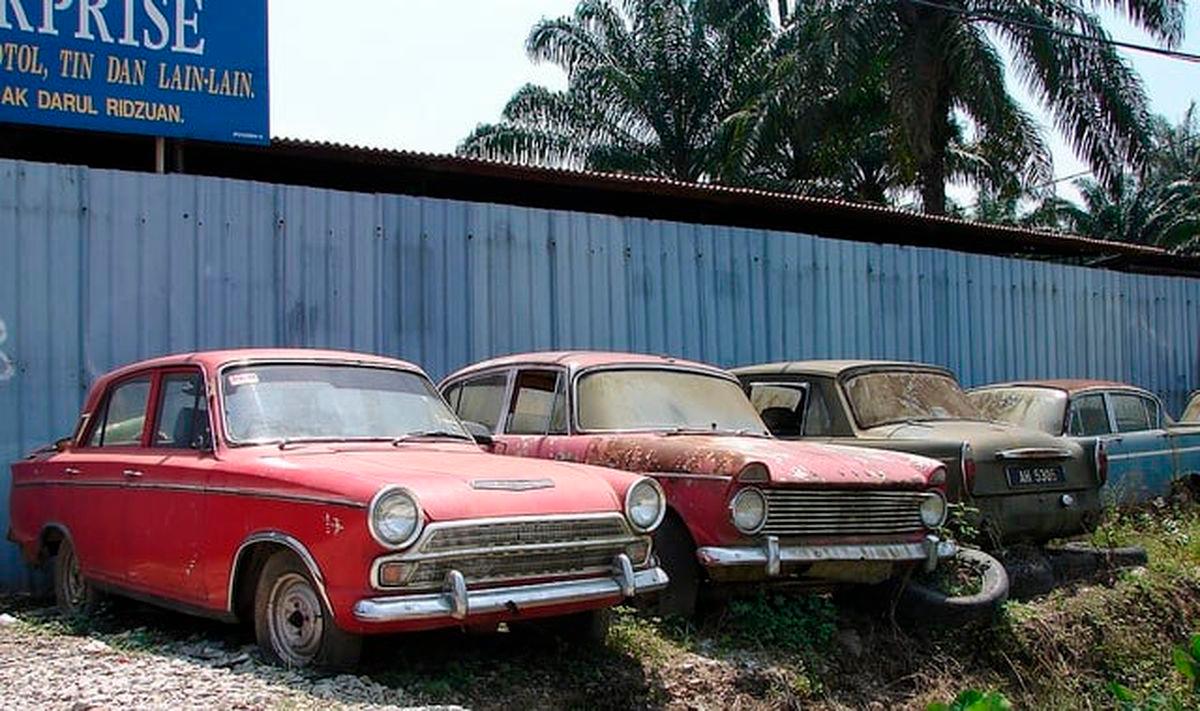BRUSSELS: EU countries Tuesday backed plans to set mandatory targets for recycled plastic content in new vehicles in a bid to reduce waste and promote the so-called “circular economy”.
Environmental ministers from the bloc’s 27 nations approved a proposal by the European Commission to make sure at least 25 percent of the plastic in new cars has been recycled.
Gathered in Luxembourg, the ministers also extended the requirement to trucks, motorbikes and quadricycles -- but delayed its envisaged entry into force.
“The end-of-life vehicle regulation is a game-changer for Europe,“ said Paulina Hennig-Kloska, the environment minister of Poland, which holds the EU’s rotating presidency.
“It cuts waste, curbs our reliance on critical raw materials from abroad, and drives our car industry into the heart of the circular economy.”
Vehicle manufacturing is among Europe’s most resource-intensive industries.
It accounts for 10 percent of the bloc’s overall consumption of plastics, and is responsible for 19 percent of demand for the EU’s steel industry, according to Brussels.
Under a phased approach adopted by the European Council representing member states, within six years of the regulation entering force manufacturers will have to make sure 15 percent of plastic in new vehicles has been recycled.
The target will increase to 20 percent after eight years and finally reach 25 percent after a decade.
At least 25 percent of the recycled materials will have to be sourced from old, scrap vehicles.
The text, which also sets requirements to ensure that new vehicles are designed to support reuse and recycling, needs to be negotiated with the European Parliament before it can be voted into law.
It empowers the commission to lay down temporary derogations if there is a shortage of recycled materials or prices are too high, the council said.
The regulation also opens the way to the setting of future targets for recycled steel, aluminium, and critical raw materials, it added.









